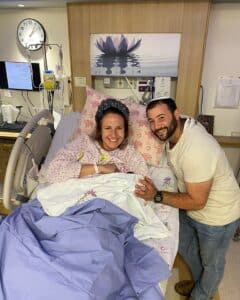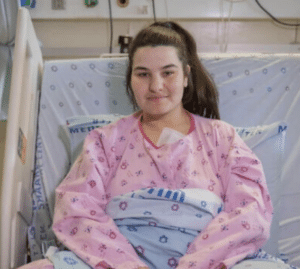Screening is designed to detect if a problem exists. Diagnostic assessment provides a diagnosis based on the best available tests. Many seniors who have identified memory problems, avoid being tested.
“Traits of Patients Who Screen Positive for Dementia and Refuse Diagnostic Assessment,” http://bit.ly/21YR1OG
is a study that was published in the June issue of Alzheimer’s & Dementia: Diagnosis, Assessment & Disease Monitoring regarding this issue.
In addition to living alone, an individual’s negative preconceptions of the stigma surrounding dementia were associated with refusal to undergo diagnostic assessment; although, surprisingly, not with unwillingness to undergo an initial screening.
While screening and evaluation can’t delay or alter dementia progression, definitive diagnosis based on a cognitive assessment can alert physicians to treatable symptoms and allow the older adult and family members to prepare for future cognitive decline.
Early evaluation and identification of people with dementia may help someone with dementia receive care earlier,” says Dr. Shelley Sternberg, Director of the Memory Clinic at Shaare Zedek, “It can also help families make plans for care, help with day-to-day function, including observed medication administration and keeping an eye out for future problems that can occur. In some instances, these interventions could substantially improve the person’s quality of life.”
To schedule a comprehensive evaluation at the Memory Clinic, call Esther at 02-666-6882.










